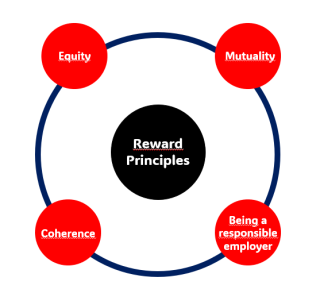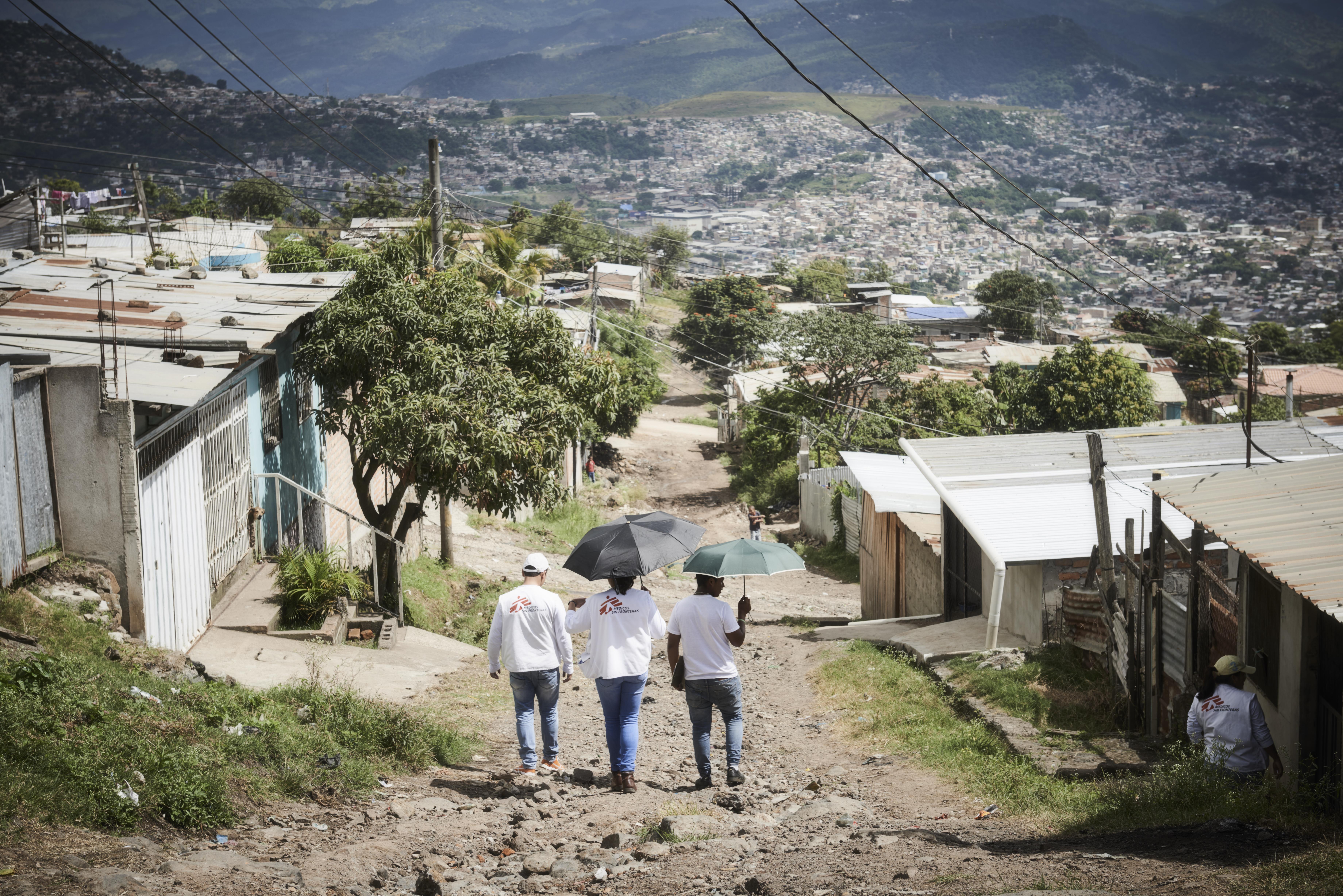Visit or go back to the MSF Staff Rewards site for more general information about staff rewards at MSF.
Note that the IRP2 site is only available in English and French - as they are the two working languages of internationally mobile staff.
The current international remuneration system for MSF International Field Staff (which was called “IRP 2" during its development) was implemented in July 2014. On this website you will find information on its overall framework and principles (MSF’s reward policy) and the remuneration policies.
International remuneration system: a short history
The first International Remuneration system was implemented in 2006 as a result of what is commonly known as the International Remuneration Project (IRP).
The original idea, born late in 1999, was to formulate an answer to issues of inequity in treatment, lack of social protection for a large group of expats and inexplicable differences in pay and benfits between MSF sections, which, separately or in combination, were hampering the retention of international field staff (expats).
This project (now referred to “IRP 1”) resulted in MSF’s first global remuneration system, based on common compensation & benefits principles and policies, was developed with the aim to ensure equity in treatment and opportunity for international staff, as well as to increase international staff’s access to social systems and services after their missions, by allowing them to remain on contract with the contracting section of their home country (country of domicile) regardless of which Operational Center they worked for.
When implementing this international system in 2006, it was already planned that the system would be reviewed after 5 years, as both MSF and our environment are fast-evolving. In particular, at the start of the review in 2010-2011, some of the key drivers were the increasing number of staff from non-contracting countries; the increasing difficulty/need for people to commit on a longer basis; a salary system that was ‘too simplistic’ (with only 3 salary levels), and increasing incoherence between the different field benefits given by different OCs.

Mutuality
Mutuality is the basis for engagement with employees. The value of MSF’s offer to employees is proportional to the level of their commitment, and the difference should encourage greater commitment. On that basis, we define employee sub-groups or “segments” to which differentiated packages are applicable.
Equity
All employees will be treated equitably. Equity means fair and just principles applied consistently.
Coherence
All staff should be treated in a fair and just manner, though practices may differ between staff groups (international, national and HQ). The key factor that distinguishes international staff is its ability and willingness to be deployed internationally where the organization needs. The differences should not pose any unnecessary barriers for mobility between the various staff groups.
Being a Responsible Employer
MSF has a duty of care to provide a high standard of support in the field through benefits.
MSF's International Reward Principles
Compensation focuses on the responsibility that the individual holds. MSF recognizes qualification and discipline/job family in the way we think about jobs. Compensation encourages people to take on more responsibility.
As a consequence, every international field employee receives a salary that is based on the job they are taking on. The more responsibilities a job has, the higher its salary. The weight of the job is determined through a job classification system, the International Reference Field Function Grid (‘IRFFG’), MSF’s classification of all field functions, IRFFG.
While MSF encourages its employees' loyalty (time in the organization) and values previous experiences, it primarily aims at rewarding the competence and institutional knowledge that experience brings. So salaries are also determined on the basis of one’s competence level, which, for simplicity and ease of management, is valued using previous years of experience in the job.
Salaries are intended to be modest and the benchmarks must be consistently defined across countries.
MSF values and recognizes long-term commitment from people: we encourage longer-term assignments, especially for co-ordination staff (recognizing the stability that this brings to our missions), as well as longer-term commitments more generally (because of the visibility and flexibility in deployment that it brings).
With international field staff coming from more than 100 countries but also de facto working in a “global market” of INGOs, applying the concept of equity to salaries involves two different levels: one linked to the labor market in the country of domicile (“local market”) and one linked to the global market of INGOs. See: Base Salary Construction
The employee’s domicile is the driver for (1) where the contract is issued and (2) how pay is positioned for the "local" part of remuneration.
In the event that an employee is recruited from a country where MSF does not have a contracting section - often referred to as Non-Contracting Resident Staff or NCR Staff, the International Contracting Office (ICO) assumes contract administration responsibility. The contract itself is governed by Swiss Law.
More details on how MSF determines domicile in this FAQ.
MSF's Value Proposition
Much of what MSF offers to our employees is implicit and often unacknowledged both by MSF and our international staff. It is essential to formulate and communicate all elements of what is “exchanged” between both parties.
This formulation is proposed in the total value proposition in which the principle of “mutuality” forms the basis for engagement with international staff. It states:
MSF is looking for people who are committed to our social mission, with personal qualities to support our approach and values and the willingness to be deployed internationally where needed.
In exchange, MSF offers meaningful medical humanitarian work, development and professional growth, as well as modest remuneration with a solid benefits package of a socially responsible employer, commensurate with responsibility, capacity and duration of commitment.
As a result, the total value proposition is further differentiated. In exchange for more “predictability of deployment,” opportunities offered will then be a product not only of organizational need and individual potential, but also personal interests and commitment.



